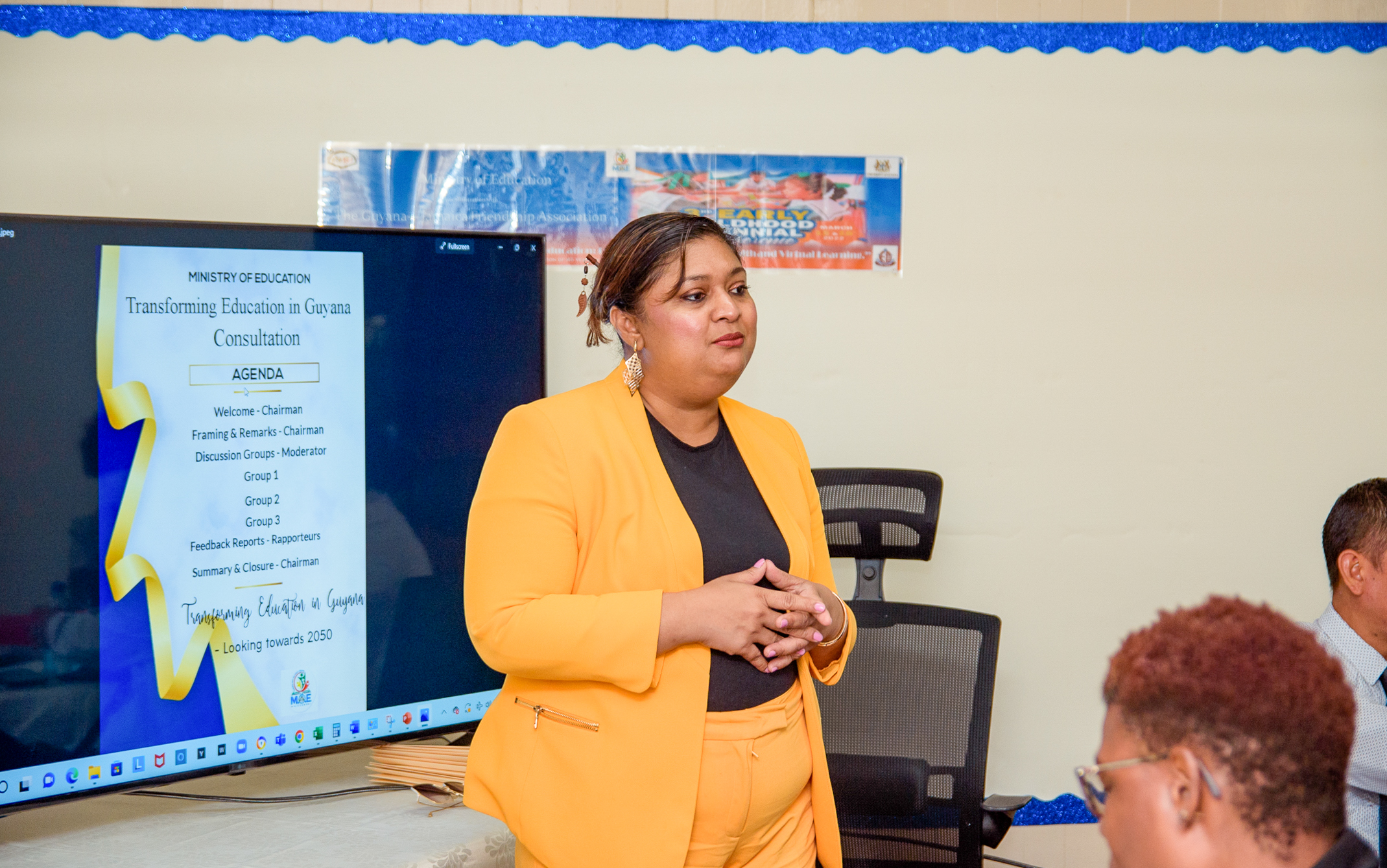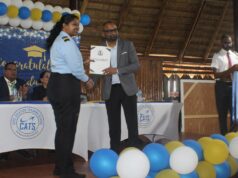
In the event of any situation that can cause children to return to remote learning, the education minister says those students can be assured that plans are in place to ensure they remain engaged.
During the ministry’s weekly Education Spotlight programme, Minister Priya Manickchand said the ministry, through its risk management policy launched in 2021, has implemented this precautionary measure.
“When COVID hit we realise this is something we need to do, we need to immediately develop a system that would be resilient to these types of shocks.
“Right now, the Ministry of Education has work sheets that we can roll out anytime there is any kinds of disasters, floods… any disaster we could give work sheets immediately, we could print immediately, we have these television shows backed in the cloud, we could push those out immediately,” the minister said on Wednesday evening.
She explained soon every home will soon be able to access the learning channel, therefore assuring that in the event of any school disruptions, children will remain engaged.
“We are currently trying to make sure every home can access the Guyana Learning Channel and a new radio station dedicated to education called Ed You.
“The Guyana Learning Channel is going to be for the first time in the history of this country available to all communities including Amerindian and hinterland communities, riverain communities,” she added.
Manickchand said the government is setting up in every community, a television set, solar power and satellite. In addition, the radio is accessible for students remain engaged.
The Minister explained that when the pandemic reared its head in Guyana, the Education Ministry moved quickly to close schools and shifted to remote learning. This move presented a challenge as many communities, especially in the hinterland and riverain areas, could not access digital learning.
While not specific to only COVID-19, the new policy was born out of the realisation that the country – like many others – was not ready for the disruption brought on by the pandemic.
This national risk management policy, a first of its kind, is a response to such an event including disasters such as fires, oil spills, drought, pollution, pandemics, and other natural and human-made hazards that constantly threaten the stability of the education system all across the world.











